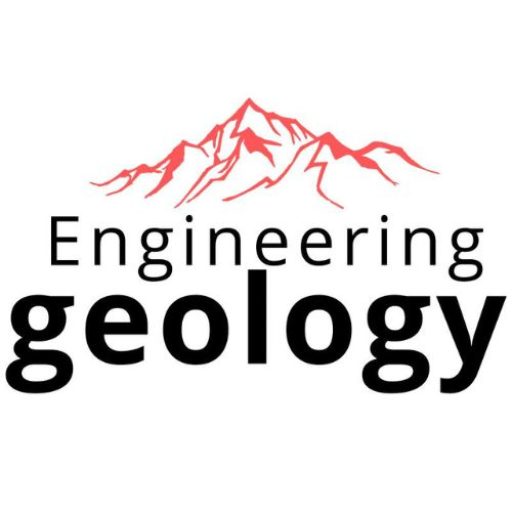Geology Equipment: Essential Tools for Every Geologist
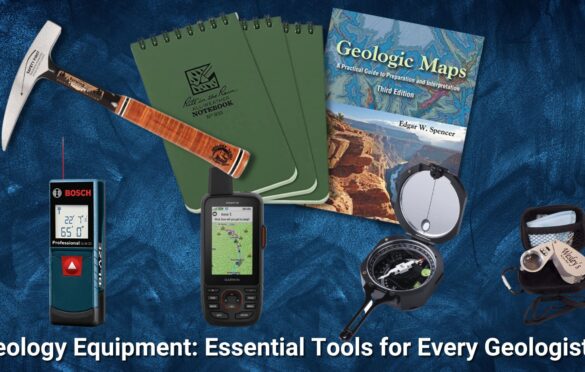
Geology is a fascinating field that involves the study of the Earth’s structure, composition, and processes. To carry out their work effectively, geologists need to have a range of specialized equipment and tools. From rock hammers and hand lenses to GPS devices and geologic maps, each piece of geology equipment plays a crucial role in helping geologists gather information and make discoveries about our planet.
Field Notebook
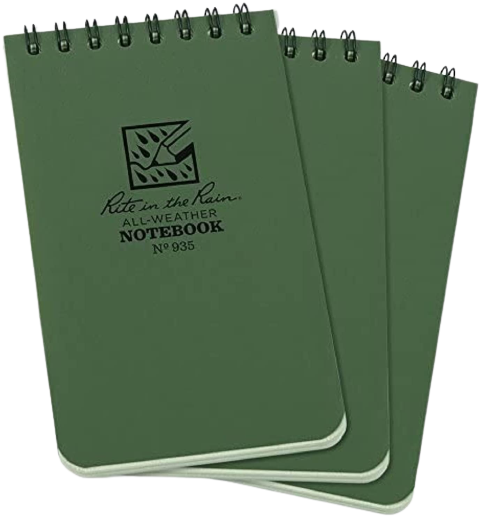
A field notebook is a crucial piece of equipment for any geologist. It is used to record observations, measurements, and sketches made during fieldwork. Field notebooks come in different sizes and styles, but all serve the same purpose: to provide a permanent record of the geologist’s work. The notebook is essential for recording observations, mapping out geological formations, and keeping track of samples collected.
Geologic Map
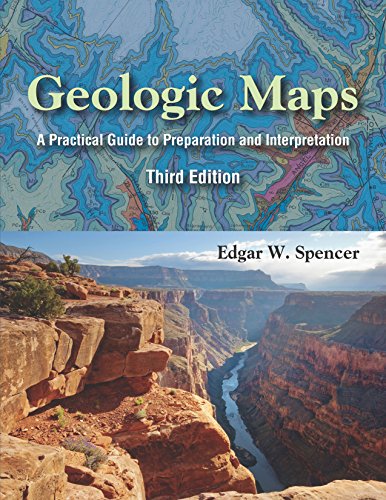
A geologic map is a graphical representation of the Earth’s surface that shows the distribution of different rock types, structures, and geological features. Geologic maps are essential for geologists as they help them to understand the geological history of an area and predict the location of minerals, oil, and other valuable resources. The maps also provide a visual representation of geological information, making it easier for geologists to communicate their findings to others.
GPS Device
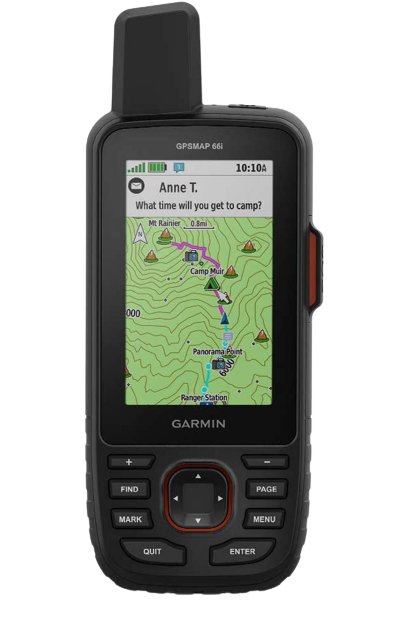
A GPS device is an indispensable tool for geologists who work in the field. GPS stands for Global Positioning System and it provides geologists with the exact location of their fieldwork. This information is crucial for mapping out geological formations, recording observations, and collecting samples. A GPS device also helps geologists to navigate through difficult terrain, ensuring that they can carry out their work safely and efficiently.
Geological Compass
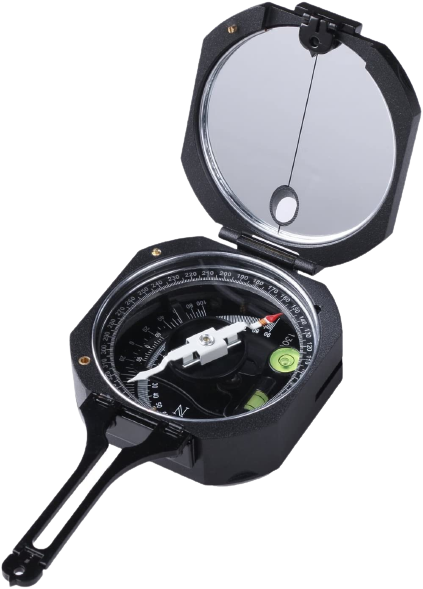
A compass is a simple but essential tool for geologists. It is used to determine direction and to map out geological formations. Compasses come in different types, but the most commonly used by geologists is the Brunton compass. This type of compass has a sighting mechanism that allows geologists to take accurate readings, making it easier for them to determine direction and map out geological formations.
Rock Hammer
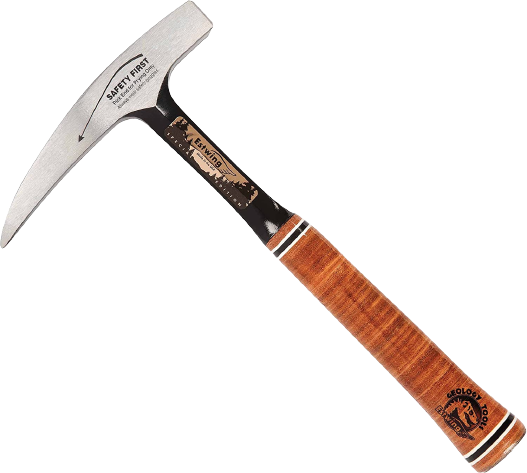
A rock hammer is a heavy-duty tool used by geologists to break rocks and obtain samples. Rock hammers come in different shapes and sizes, but they all serve the same purpose: to provide a safe and efficient way to obtain rock samples. Rock hammers are an essential tool for geologists as they allow them to obtain samples of different types of rocks, which they can then analyze in the lab to determine their composition and properties.
Hand Lens
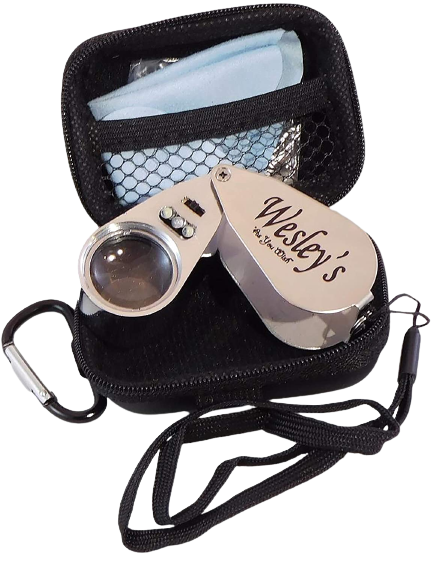
A hand lens is a small magnifying glass that is used by geologists to examine rock samples and other geological specimens. Hand lenses are essential for geologists as they allow them to see fine details that may not be visible to the naked eye. Hand lenses also help geologists to identify different types of rocks and minerals, making it easier for them to make accurate observations and assessments.
Measuring Tape

A measuring tape is a simple but essential tool for geologists. It is used to measure distances and dimensions of geological features, such as the size of a rock formation or the length of a fault. Measuring tapes come in different lengths, but most geologists prefer to have a tape that is at least 50 meters long. This ensures that they can measure even the largest geological features with accuracy.
In conclusion, geology equipment plays a crucial role in the field of geology. From rock hammers and hand lenses to GPS devices and geologic maps, each piece of equipment is designed to make the work of a geologist easier and more efficient. Whether you are a seasoned geologist or just starting out, it is essential to have the right equipment to ensure that your fieldwork is safe, accurate, and productive. With the right tools, you can make observations, collect samples, and gather information that will help you to understand the Earth’s structure and processes. By investing in high-quality geology equipment, you can ensure that you have the resources you need to make meaningful contributions to the field of geology.
